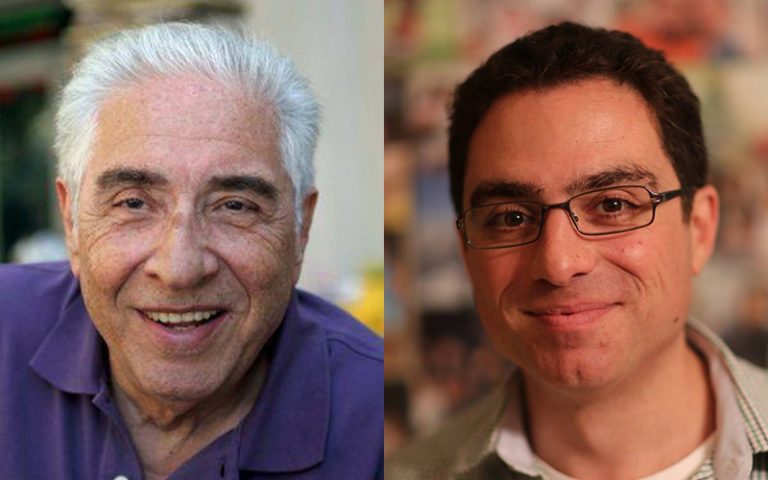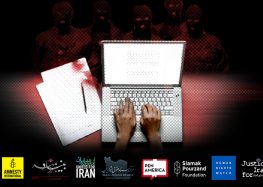Namazis Lose Appeal Against 10-Year Prison Sentence

Iranian-American Businessman and His 81-Year-Old Father Remain Held on Unspecified Charges after Sham Prosecution That Lacked Due Process
Iranian-American businessman Siamak Namazi and his 81-year-old father Baquer have lost their appeal against a 10-year prison sentence issued for unspecified “espionage” charges, according to their American lawyer.
“I condemn in no uncertain terms the cruel and unjust decision of the Tehran Appeals Court,” their lawyer, Jared Genser, said in a statement on August 28.
“The Namazis are innocent of the charges on which they were convicted and they are prisoners of conscience, detained in Iran because they are American citizens. For the Appeals Court to now uphold their convictions shows unequivocally that this was just more psychological torture by the Iranian government designed to create great hope in the Namazis and then utterly destroy them.”
At the time of his arrest in October 2015, Siamak Namazi, 45, headed the strategic planning division for Crescent Petroleum, an oil and gas company based in the United Arab Emirates. Previously he consulted for foreign firms interested in doing business in Iran as an executive at the Tehran-based Atieh Bahar and produced academic research for the Woodrow Wilson Center as a public policy scholar.
Baquer Namazi, a former UNICEF representative who served as governor of Iran’s oil-rich Khuzestan Province before the 1979 Iranian revolution, was arrested in February 2016, when he returned to Iran from the U.S. to try to help gain his son’s release.
In October 2016, they were sentenced to 10 years in prison for “collaborating with enemy states” after a prosecution and trial in which they were denied due process. The Iranian judiciary has never revealed the specific charges.
According to their American lawyer, Baquer’s health is “deteriorating rapidly” after recently undergoing triple bypass surgery.
“[Baquer Namazi] has lost 30 pounds in prison and suffers from shortness of breath, dizziness, bouts of confusion and recently lost his hearing in one year,” attorney Genser told the Associated Press.
Meanwhile Siamiak has spent most of his detention “in solitary confinement and has been interrogated relentlessly, beaten and tased,” he added. “I am deeply worried about the health of both of the Namazis, which has rapidly deteriorated.”
There are at least 12 foreign nationals currently held in Iran’s prisons, including four with U.S. citizenship accused of espionage. In addition to the Namazis, the other two with US citizenship are gallery owner Karan Vafadari and Princeton University researcher Xiyue Wang.
Wang’s appeal against a 10-year prison sentence failed on August 18, 2017, while Lebanese-born U.S. resident Nizar Zakka lost his appeal on August 28, 2017 against a similar sentence.
On July 21 the White House warned that US President Donald Trump was prepared to “impose new and serious consequences on Iran unless all unjustly imprisoned American citizens are released and returned.”
“For nearly forty years, Iran has used detentions and hostage-taking as a tool of state policy, a practice that continues to this day with the recent sentencing of Xiyue Wang to ten years in prison,” the White House statement added.






